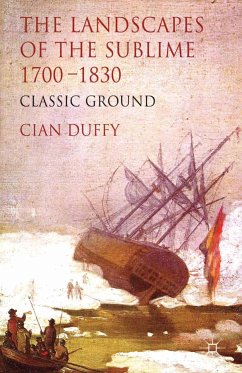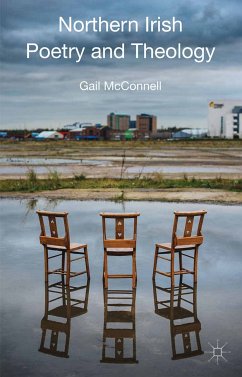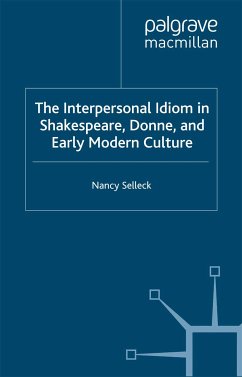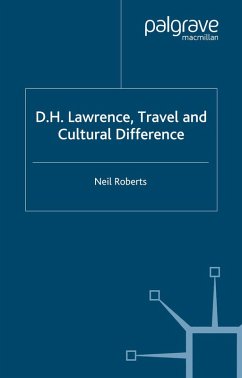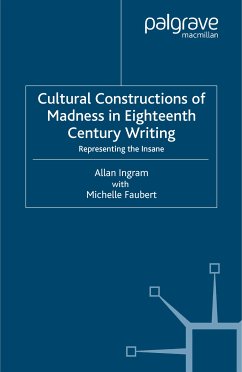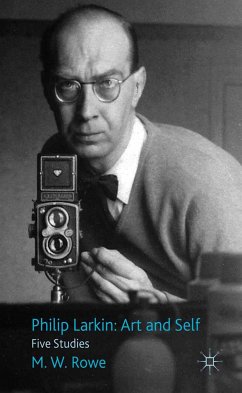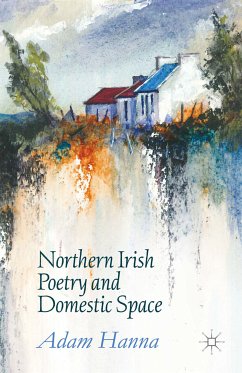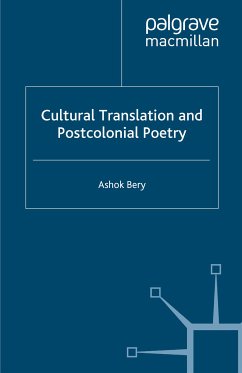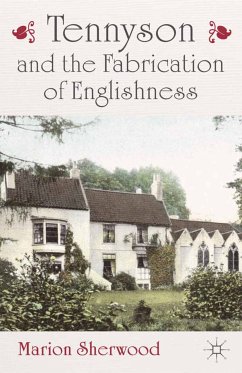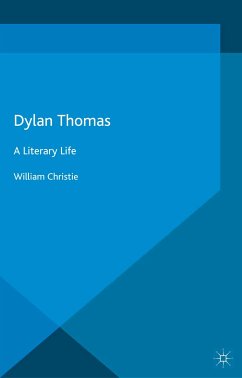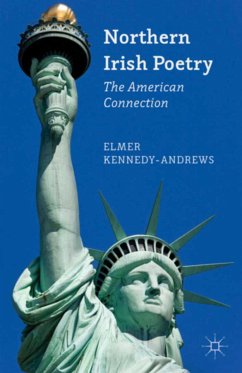
Northern Irish Poetry (eBook, PDF)
The American Connection
Versandkostenfrei!
Sofort per Download lieferbar
40,95 €
inkl. MwSt.
Weitere Ausgaben:

PAYBACK Punkte
20 °P sammeln!
Through discussion of the ways in which major Northern Irish poets (such as John Hewitt, Seamus Heaney, Michael Longley, Louis MacNeice and Derek Mahon) have been influenced by America, this study shows how Northern Irish poetry overspills national borders, complicating and enriching itself through cross-cultural interaction and hybridity.
Dieser Download kann aus rechtlichen Gründen nur mit Rechnungsadresse in A, B, BG, CY, CZ, D, DK, EW, E, FIN, F, GR, HR, H, IRL, I, LT, L, LR, M, NL, PL, P, R, S, SLO, SK ausgeliefert werden.



